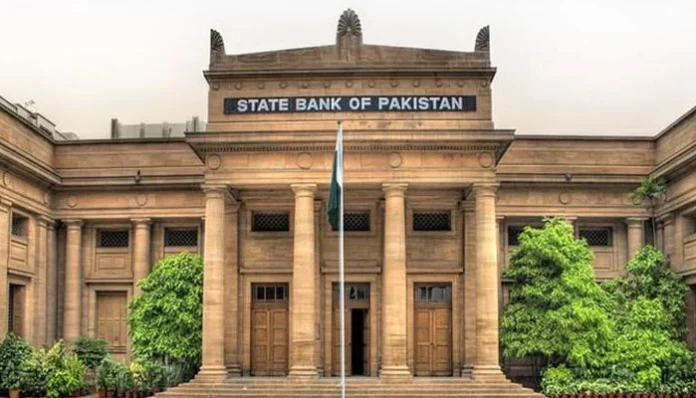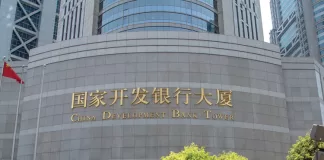The State Bank of Pakistan’s (SBP) foreign exchange reserves decreased by $143 million, settling at $11.71 billion, according to data released on Thursday. The decline was attributed to external debt repayments.
As of December 27, 2024, Pakistan’s total liquid foreign reserves stood at $16.41 billion. This included $11.71 billion held by the SBP and $4.70 billion in net reserves maintained by commercial banks.
In its most recent monetary policy meeting, the SBP reduced the policy rate by 200 basis points to 13%. The central bank disclosed that Pakistan’s external debt obligations for FY25 are estimated at $26.1 billion, including $22.1 billion in principal repayments and $4 billion in interest.
Thus far, $10.4 billion (including $5.4 billion in rollovers) has either been repaid or rolled over. The remaining obligations include a $5 billion repayment scheduled for the rest of FY25, with further rollovers expected in the coming months.
Analysts from Arif Habib Limited project that SBP reserves could surpass $13 billion by the end of FY25, reflecting a $900 million increase from the current level of $12.1 billion. Optimus Capital Management’s Maaz Azam emphasized the ongoing rollover efforts, underscoring their critical role in managing debt obligations.
JS Global’s Deputy Research Head, Waqas Ghani Kukaswadia, affirmed that the government is on track to meet FY25’s $26 billion foreign debt obligations. He highlighted the successful securing of $16-17 billion in rollovers and refinancing, leaving only $5.5 billion in net repayments for the fiscal year.
“Despite the dip to $11.7 billion, the SBP’s target of $13 billion by June 2025 remains achievable,” Kukaswadia stated.
The Pakistani rupee saw a marginal depreciation against the US dollar during the first trading session of 2025, slipping 0.03% in the inter-bank market. By the close of trading, the rupee stood at 278.64, reflecting a nine-paisa decline from its previous value of 278.55.
Secretary General of the Exchange Companies Association of Pakistan, Zafar Paracha, revealed that exchange companies processed $7 billion in 2024, contributing significantly to economic stability. These companies provided $3.85 billion to the inter-bank market to bolster foreign reserves and met $3.15 billion in open-market demand for travel, education, and medical needs abroad.
Meanwhile, domestic gold prices surged in response to international trends. The price per tola increased by Rs1,100 to reach Rs274,700, according to the All-Pakistan Gems and Jewellers Sarafa Association.
Read more: Federal Government Ends Double Pensions to Satisfy IMF





